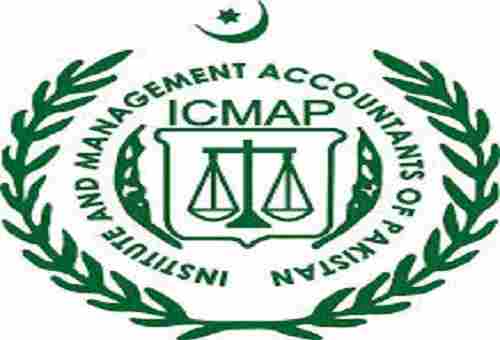Karachi, October 3, 2025 – The Institute of Cost and Management Accountants of Pakistan (ICMAP) has released a detailed report outlining the potential challenges and implications of the government’s recent decision to allow the commercial import of vehicles.
The move, approved on September 24, 2025, and formalized through SRO 1895 on September 30, permits the phased import of used vehicles up to five years old under gradually reduced regulatory duties.
According to ICMAP, the new policy may generate short-term fiscal gains through the initial 40 percent duty while offering consumers a wider range of vehicle options. However, the report emphasizes that the policy raises important concerns about Pakistan’s foreign exchange reserves, trade balance, and the long-term sustainability of the domestic automotive sector. For decades, high tariffs and regulatory barriers have protected local assemblers, often at the expense of innovation, consumer choice, and safety standards. Past liberalization efforts briefly expanded access to imported cars but also triggered industry resistance, highlighting the market’s sensitivity to sudden regulatory shifts.
ICMAP stresses that immediate price drops in the market are unlikely. The high duty structure, coupled with currency volatility and import premiums, will keep prices elevated in the short run. However, consumer expectations are already shifting, with many buyers likely to postpone purchases in anticipation of better-quality imports. Vehicles with advanced features such as airbags, hybrid engines, and superior fuel economy will create new benchmarks, compelling domestic assemblers to modernize.
Over the next few years, as duties fall by 10 percent annually, imported cars will become increasingly competitive. By FY2027–28, when the rate reduces to 20 percent, middle-class households will gain more affordable access, particularly to small and mid-sized passenger vehicles. Popular Japanese models like Toyota Vitz, Honda Fit, and Suzuki Swift are expected to directly challenge domestic variants.
ICMAP also points out that by FY2029–30, when duties are fully phased out, Pakistan’s automotive market will be exposed to global-level competition. Local assemblers that fail to innovate could lose market share, while those that invest in advanced technology, hybrid and electric vehicle production, and international collaborations may emerge stronger.
The report further highlights ripple effects on Pakistan’s extensive auto-parts vendor network and employment levels. While thousands of jobs may come under pressure, opportunities in certification, logistics, inspection, and after-sales services tied to imports could emerge.
Despite the long-term promise of competition and better consumer choice, ICMAP concludes that affordability for lower-income households will remain a challenge, while rising import volumes may intensify pressure on Pakistan’s foreign reserves and balance of payments.
